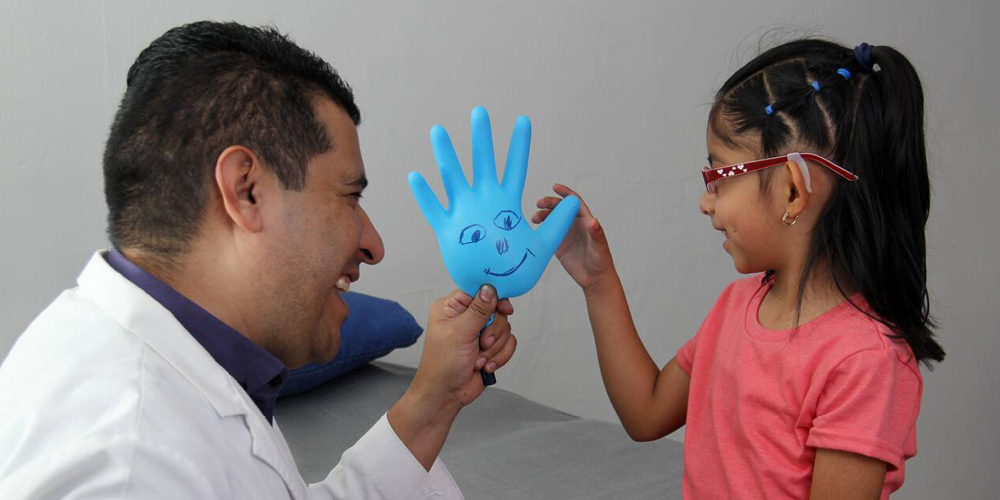Imagine what makes a lively gathering interesting and successful. It’s often the various viewpoints, unique perspectives and diversity of the guests that make for a rich experience.
Culturally responsive care is built on this idea of understanding and respecting people’s differences when determining proper care and providing the best treatment. When people are valued for all aspects of their identity, background and experiences, they feel safe, understood and, most importantly, valued.
Defining Culturally Responsive Care
Culturally responsive care is defined as “the intentional and consistent decision mental health care providers make to see, respect, and celebrate the aspects that make each person unique. It’s an acknowledgment of their intersectional existence in the world and how this shapes their experiences.”
This idea especially refers to respecting the differences and specific health needs of marginalized communities including Black, indigenous, and people of color (BIPOC) and those who identify as lesbian, gay, bisexual, transgender, queer, intersex or asexual (LGBTQIA+). Only when mental health care providers spend time getting to know all aspects of their patient’s life through discussions and active listening, are they able to understand and ultimately deliver the appropriate care required.
Culturally Responsive Care Best Practices
Debra Morris, a senior training and technical assistance specialist at Educational Development Center (EDC) explains that, “Being culturally responsive is about understanding your client and their cultural norms, their cultural background, and what all of that means in a clinical setting.”
Culturally responsive practices enable providers to “open the doors” to the roadblocks and historic disparities that keep some people from accessing important mental health care. To support culturally responsive care, EDC recommends the following practices:
- Respect each client’s individual experiences – Providers should consider the unique experiences that shape a person’s overall health.
- Recruit diverse staff –Many patients want to see people who look like them and may have shared the same experiences as them.
- Partner with the community – The best way to build patient trust is for providers to be closely involved in the communities they serve.
- Listen and learn – Empathy is the key word here because it builds trust in the patient-practitioner relationship.
The Importance of Culturally Responsive Care
While the importance of culturally responsive care is clear in determining the appropriate mental health treatment of an individual, its impact is greatly improved when specifically understanding a patient’s cultural identity.
The National Alliance on Mental Illness (NAMI) explains that a person must feel comfortable and understood by their mental health professional for a therapeutic relationship to be strong. Patients should feel that their mental health professional understands their identity and is comfortable addressing it openly. According to NAMI:
“When a mental health professional understands the role that cultural differences play in the diagnosis of a condition and incorporates cultural needs and differences into a person’s care, it significantly improves outcomes. Mental health care must be tailored to the individual — to their identity, culture and lived experience.”
For specific areas to be aware of when ensuring culturally responsive care for different communities, NAMI recommends some practices to use when working with people who identify as Black, Hispanic, indigenous, LGTBQIA+ and disabled.
Culturally Responsive Care in San Diego
San Diego Foundation understands the importance of culturally responsive care in mental and behavioral health for families in our community – especially for children. Culturally responsive care is tied to the San Diego Foundation pillars of advancing racial and social justice, and building resilient communities.
In 2022, SDF provided $535,000 in grant funding to local nonprofit organizations to support projects and programs providing mental, behavioral and related support services to children of all ages and their families.
Healthy children and families continue to be a focus of San Diego Foundation. SDF believes that thriving children and families are an important component of a healthy, resilient region.
Learn more about the ways San Diego Foundation is ensuring culturally responsive care is a part of mental health care in the region.





